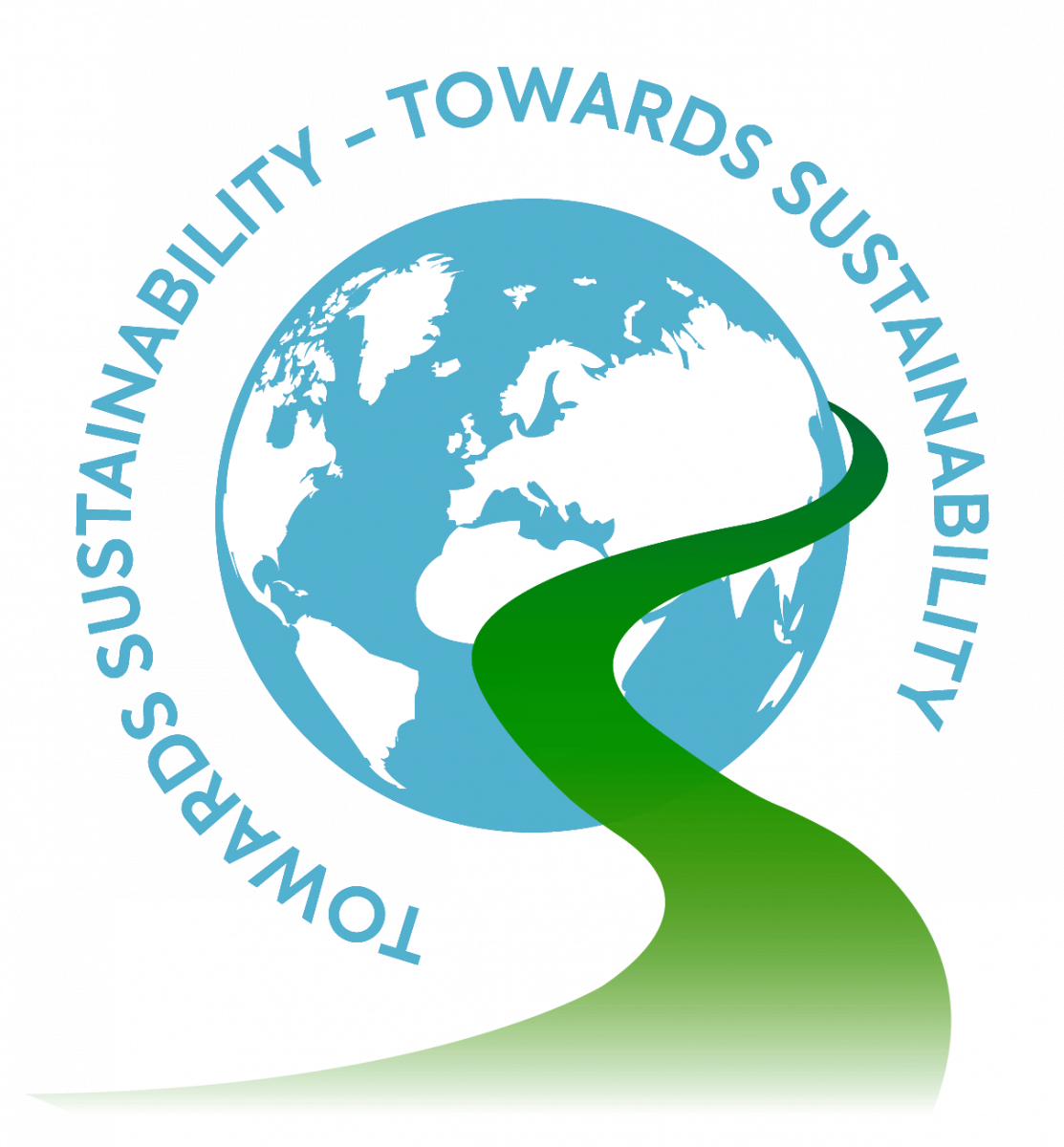Complaints
For any complaints, the customer can contact the Client Servicing department by letter at: Candriam Belgium, 58, avenue des Arts at 1000 Brussels or via the site https://contact.candriam.com.
In the event that the processing of the complaint as referred to above would be insufficient for the client, the client may contact the Ombudsman - Address: OMBUDSFIN, Ombudsman in financial conflicts, Avenue du Roi Albert II 8, 1000 Brussel; Phone no. +32 2 545 77 70 ; Email: ombudsman @ombudsfin.be. Detailed information on the characteristics and conditions of application of this extrajudicial settlement can be consulted on https://www.ombudsfin.be


ESG Assessment
The objective of the sub-fund is to enable shareholders to benefit from trends on the financial markets through a portfolio principally made up of undertakings for collective investment (UCIs) selected by the asset manager on the basis of their expected return and social responsibility or sustainability criteria, which aim to offer a broad diversification (notably via equities and bonds of different countries and sectors).
The sub-fund will focus on a balance between investments in bond UCIs and investments in equity UCIs.
The investment strategy is applied according to a well-defined investment process and a rigorous risk framework.
Adherence to these elements is subject to risk monitoring by Candriam.
Regarding the environmental and social aspects of the investment strategy of underlying funds managed by Candriam and/or direct lines, Candriam’s proprietary ESG analysis (which produces ESG ratings and scores) and a normative controversy evaluation (including the controversial activity exclusion policy) are applied, as this makes it possible to define the investable universe for the sub-fund.
Furthermore, Candriam’s ESG analysis, which includes an analysis of an issuer’s activities and its interaction with its main stakeholders, is an integral part of the financial management of the portfolio, enabling the asset manager to identify the risks as well as opportunities around the serious challenges of sustainable development.
Candriam has established a monitoring framework as described in the sustainability risk management policy.
Monitoring of the sub-fund’s investment strategy risks seeks to ensure that the investments are aligned with and take account of environmental, social and governance indicators and the sustainability thresholds as explained above.
In addition, conformity with the sub-fund's investable universe is controlled through the use of rules implemented principally in the management system.
a. ESG selection criteria:
For corporates, the internal analysis of ESG criteria consists in selecting the issuers:
• that are the best positioned to meet the challenges of sustainable development;
• that comply with the principles of the United Nations Global Compact (i.e. human rights, labour law, the environment, anti-corruption), and which are therefore less exposed to the risks associated with these themes; and
• that are not engaged in controversial activities such as armament (securities of a company whose activity consists of manufacturing, the use or possession of anti-personnel mines, cluster bombs and/or depleted uranium weapons), tobacco, thermal coal.
For sovereign issuers, the internal analysis of ESG criteria consists in selecting:
• Countries that perform best across our four categories of sustainable development criteria: Human Capital, Natural Capital, Social Capital and Economic Capital;
• Countries that are not part of our highly Oppressive Regimes or dictatorships, based on the Freedom House Freedom in the World Index and the World Bank Voice & Accountability Index.
b. Selection methodology:
The issuers favoured by the management company are subject to a dual analysis:
• Analysis of their activity to assess their alignment with the major challenges of sustainable development. For example, regarding the transition to a circular economy, the management company will consider a company producing recycled steel to be more sustainable than a company producing steel exclusively from iron ore; and
• Analysis of how the company manages players interacting with the company: its employees, its customers, its shareholders, its suppliers and the environment. Here too, the management company will favour companies that adopt the most sustainable practices given their sector. For example, with regard to relations with its clients, the management company will favour pharmaceutical companies with balanced pricing practices and commercial policies. Similarly, with regard to relations with their employees, the management company attaches great importance to the fight against discrimination and compliance with social standards.
Our sovereign investible universe consists of those countries which perform best across our four categories of sustainable development criteria:
• Natural Capital: stock of naturel resources managed by the country;
• Social Capital: trust, norms and institutions which people can rely on to solve common problems and create social cohesion;
• Human Capital: human productivity to which the country participates through education and other initiatives;
• Economic Capital: assessing the level of economic activity viability.
c. A team of ESG analysts is responsible for assessing the selection criteria:
ESG analysis and selection are carried out by a dedicated team of ESG analysts within Candriam. This team is made up of specialists whose mission is to analyse the exposure of companies and governments to the risks and opportunities associated with sustainable development. Selection criteria are expected to evolve over time, based on advances in ESG research and changes in company practices.
The selection criteria will evolve over time, in line with advances in ESG research and changes in corporate practices.